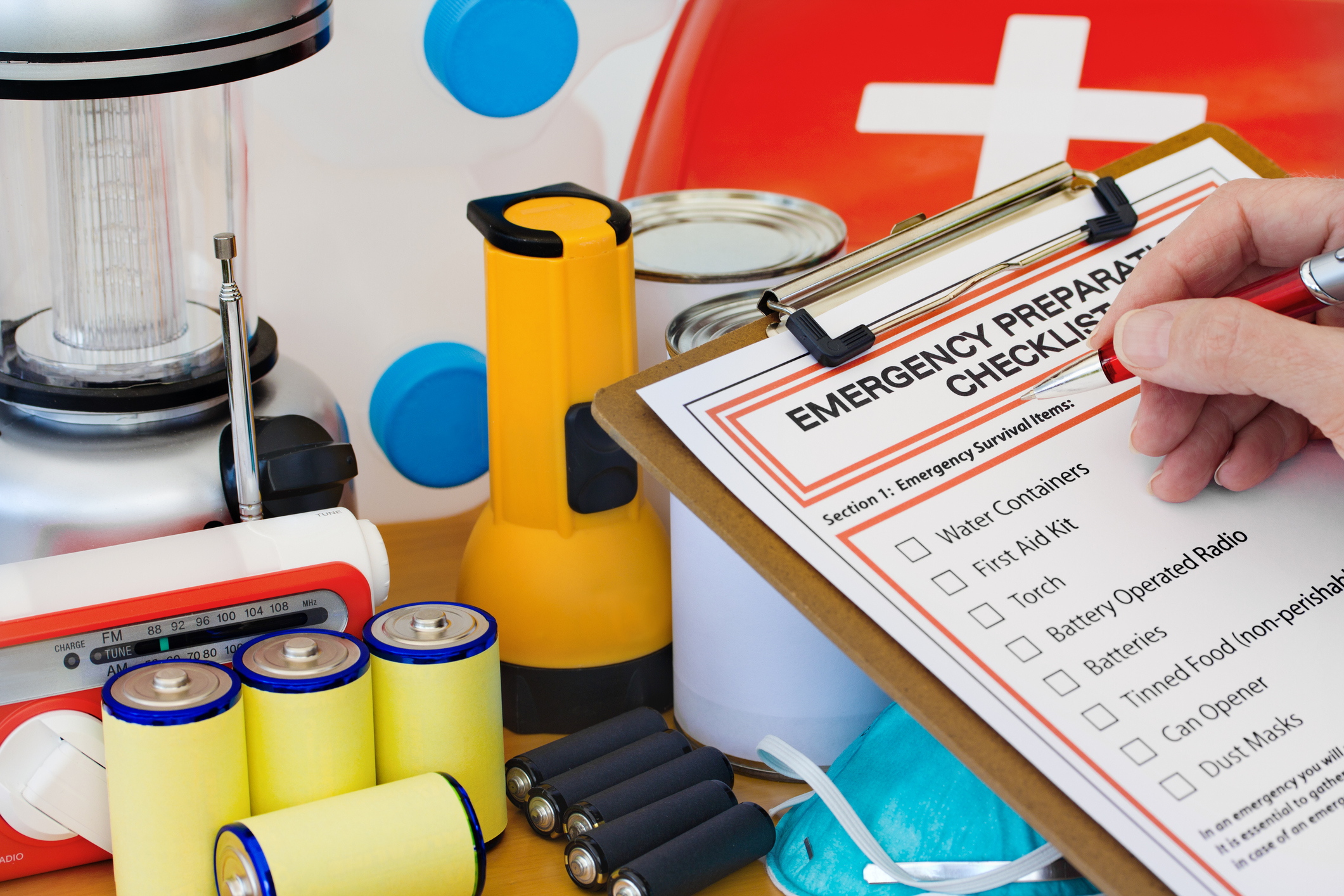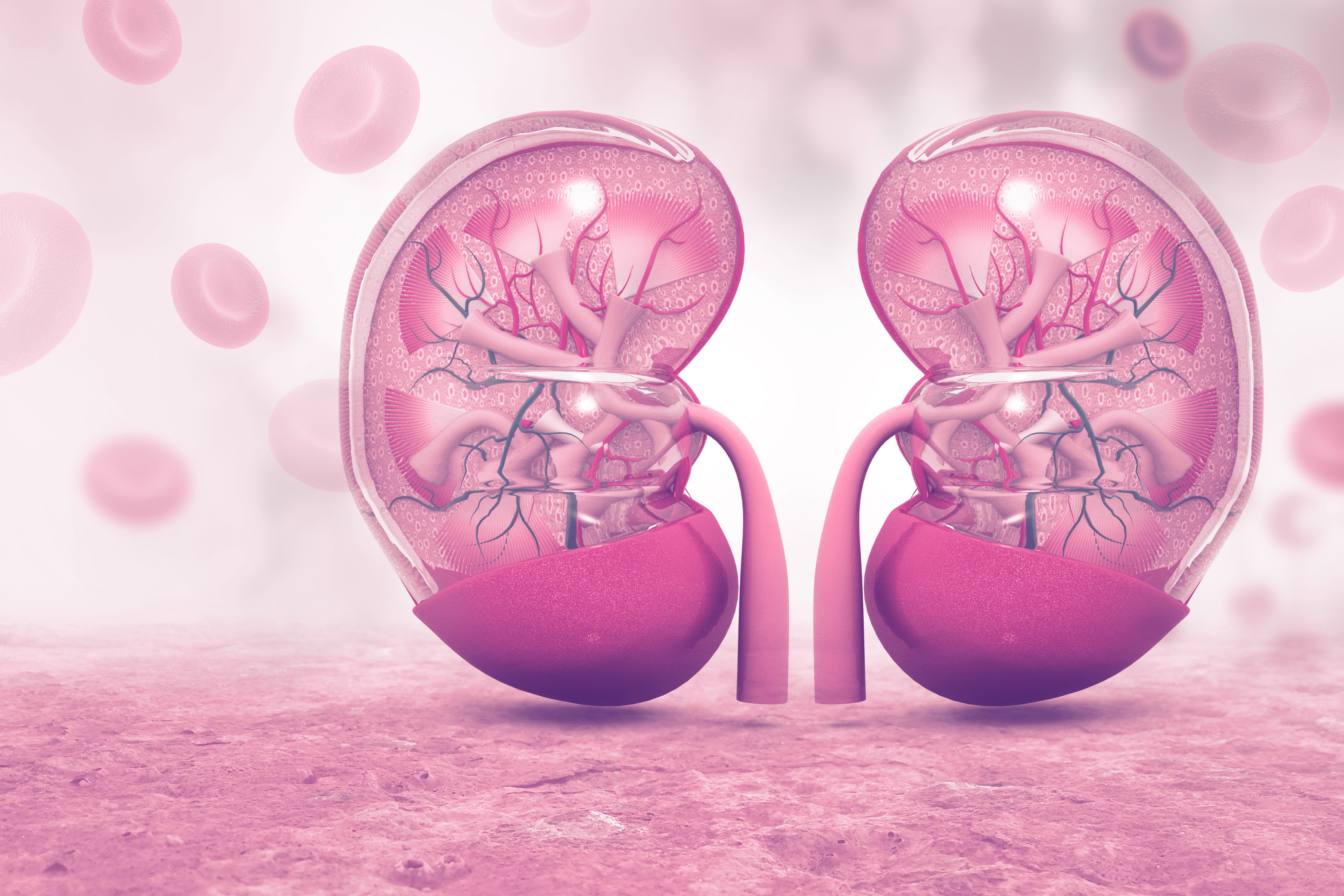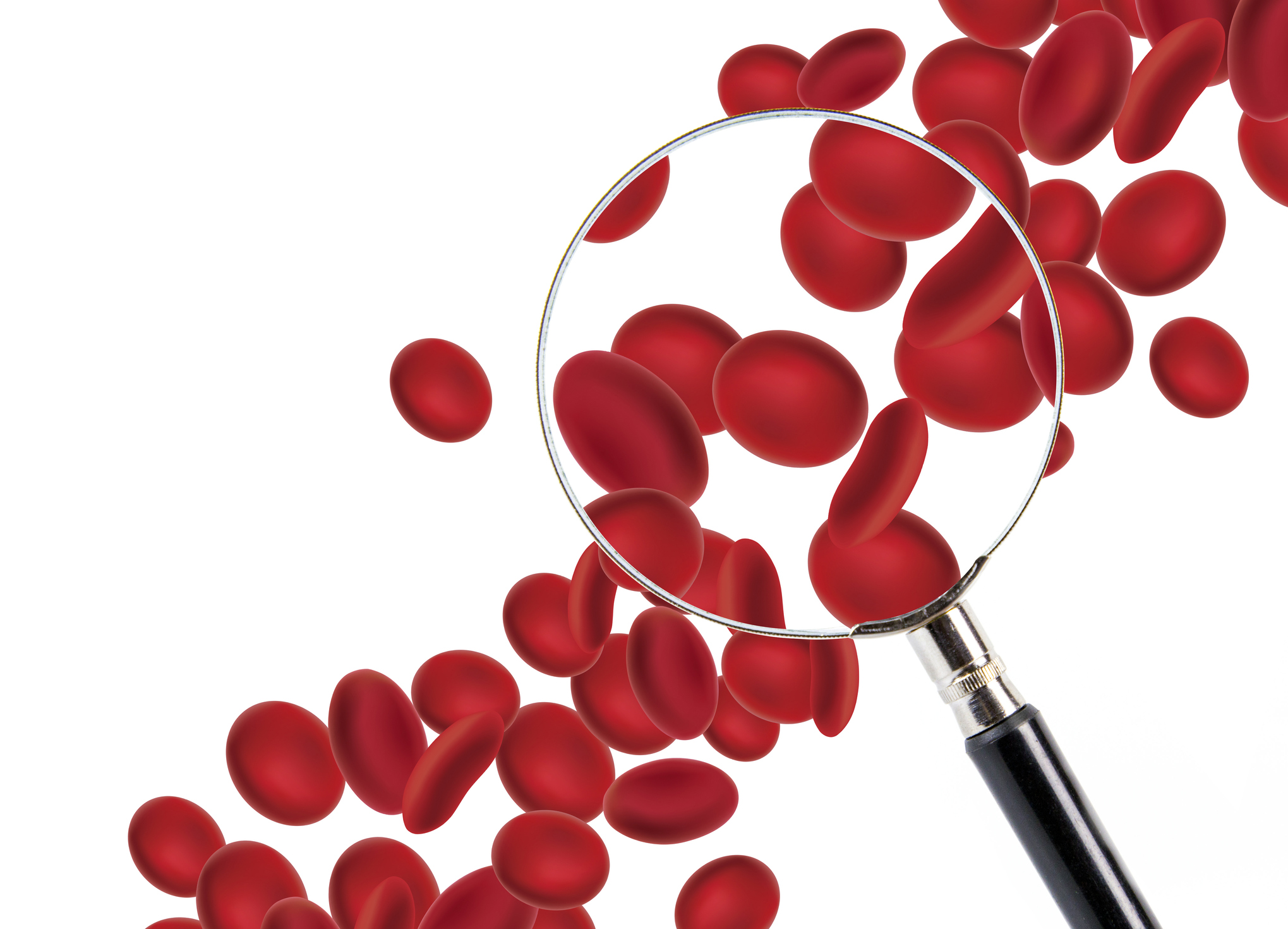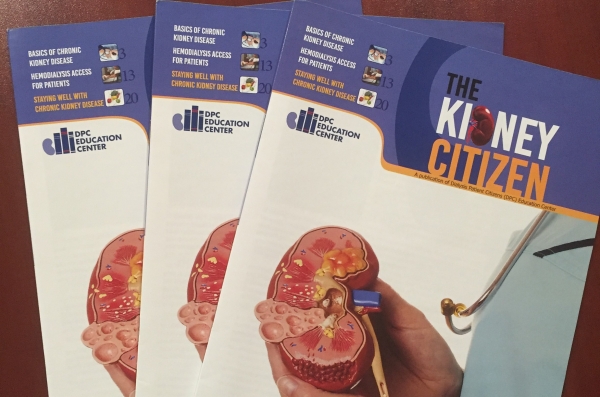News & Events
Discover new information and educational offerings that we provide. Explore our newsletters, blogs and upcoming webinars/conference calls.
Contents:
Pairing Networks for Kidney Donation
Finding out that you need a new kidney can be devastating news. After the initial shock wears off, friends and family members graciously get screened and sometimes there is a good match, but sometimes there isn’t. It might seem like awful news, but focus back on the positives. You are still eligible to get a transplant and can still get an organ from a deceased donor. Oh wait there are still some new and exciting options available! Recently, pairing networks have been set up that give you even more options. The idea for creating these networks came from looking at the long wait list times and thinking that there must be a better way to [...]
Getting Listed on Multiple Transplant Waiting Lists
There are ways to help decrease your wait time for a kidney transplant even if you don’t have a living donor. One option is being listed on multiple transplant waiting lists at two or more centers. The United Network for Organ Sharing (UNOS) has a really in depth resource available here. Being listed in multiple places helps by giving you access to more kidneys than are available to just your transplant center. Each transplant center gives first priority to those closest to their center, but being on the list could get you a transplant sooner if local candidates with the same amount of wait time aren’t good candidates for a donor organ. It is up to [...]
Your Diet After A Kidney Transplant
After you receive a transplant, it is possible that many of the diet restrictions you had during dialysis will disappear. This however, doesn’t mean that proper nutrition is any less important. Also, if you have other conditions like hypertension and diabetes, you will need to continue following those diet restrictions. Diet and proper nutrition become even more important because some of the immunosuppressants can also increase blood sugar levels leading to an increased risk of diabetes and increase your appetite. Also, even though many of your dialysis related restrictions go away, there are still things that you should keep doing. These are items that should continue to be limited in your diet. Processed foods Sodium [...]
How to Ask for a Living Donor
Asking someone to give you a kidney is not an easy thing to do. Although it is scary, the worst case scenario is that your friends and family won’t be able to be a donor. Some of you will have no problem asking and the process will be very smooth while others will be nervous to approach others with this request. A few tips to make it easier are: Educate friends and family members about your disease and how a transplant works Think about providing information and the opportunity to connect more than just asking Don’t pressure anyone and allow your potential donors to volunteer or decline Provide additional details to those that are [...]
Are You Cut Out to Do Home Dialysis?
By Dr. Linda Gromko, MD, Guest Blogger Hi my name is Dr. Linda Gromko and I am a Seattle family practice physician who assisted my husband Steve Williams with both hemodialysis and peritoneal dialysis for three-and-a-half years before his death in April 2011. In coordination with interior designer Jane C. McClure, I wrote Arranging Your Life When Dialysis Comes Home: “The Underwear Factor’ and two other books about my family’s experience with ESRD. Last month, I discussed the advantages of doing dialysis at home. There’s no doubt that home dialysis – both hemodialysis and peritoneal dialysis – offer the opportunity for more personal flexibility and control. But it isn’t for everyone. If you’ve already said, [...]
What is Palliative Care?
Palliative care is a pretty encompassing term. The World Health Organization defines it is an approach that improves the quality of life of patients and their families facing the problem associated with life-threatening illness. It accomplishes this through the prevention and relief of suffering by means of early identification and treatment of pain and other problems, physical, psychosocial and spiritual. When thinking about palliative care: provides relief from pain and other related symptoms affirms life and regards dying as a process of life intends neither to hasten or postpone death integrates the psychological and spiritual aspects of patient care offers a support system to help patients live as actively as possible until death offers a support system [...]
March Education Webinar and Call: Tools and Techniques to Empower Yourself to Help Your Community
Webinar Date: Tuesday, March 26, 2013 - 3:00pm The new partnership between DPC and the DPC Education Center creates wonderful opportunities for each organization to use the skills and expertise of the other to work toward their shared goal of improving the lives of kidney disease patients. This partnership will be evident in our next Patient Education call entitled Tools and Techniques to Empower Yourself to Help Your Community, which will be held on March 26th at 2:00PM Eastern. The Center’s staff is currently developing toolkits for leading your own events such as walks or health fairs. Each kit will be tailored to the type of event and is a guide to help take the [...]
Welcome Webinar
Webinar Date: Wednesday, March 20, 2013 - 2:00pm This is a final reminder that the postponed DPC Education Center (The Center) Welcome Webinar is now scheduled for tomorrow Wednesday, March 20th at 1:00 pm ET. We apologize for any inconvenience caused by our postponement and hope that you can join us once again. The Center is excited to invite the kidney community to our welcome webinar and virtual open house. The Center is the new sister organization of Dialysis Patient Citizens (DPC) and has the broad goal of empowering patients through education. Since the organization is still in its early stages, this is a great chance to say hello to the world and tell you [...]
Go Ahead, Indulge Your Sweet Tooth!
Since it has been a long winter, DPC would like to share a late holiday gift. What better way to take your mind off of the snow accumulation and wind chill than a couple of renal friendly dessert recipes! Dessert is often one of the first things cut from the renal diet, but this doesn’t have to be the case. Most desserts contain chocolate or milk, which are foods high in phosphorous and potassium that can lead to bone and heart problems. This does limit dessert options for kidney patients, however, we all deserve a treat every now and then. Luckily, these two recipes are renal friendly, so do not hesitate to indulge your [...]
Arranging Your Life When Dialysis Comes Home
By Linda G, Guest Blogger Hi my name is Linda Gromko and I am a a Seattle family practice physician who served as my husband’s Care Partner in both home hemodialysis and home peritoneal dialysis for several years before his death in 2011. I am a strong advocate of home dialysis, and I have co-authored “Arranging Your Life When Dialysis Comes Home: The Underwear Factor” with Interior Designer Jane C. McClure. I also wrote “Complications: A Doctor’s Love Story,” and “Let Me Go When the Banter Stops: A Doctor’s Fight for the Love of Her Life.” I wanted to share my experiences in hopes of improving quality of life for all people on dialysis – [...]
Financial Coverage for Peritoneal Dialysis
There are several options to pay for your dialysis treatments including insurance through your employer or other private health plan, Medicare, Medicaid and through military health programs. The Medicare program was designed to be available to anyone who was born in the US, a permanent and legal resident for 5 years, or the spouse of an individual who paid Medicare taxes for at least 10 years. People with end stage renal disease (ESRD) or those who needed a kidney transplant regardless of age (as long as they met the residency requirements) qualify for Medicare. Some individuals are considered dual eligible and receive Medicare coverage for acute services, and Medicaid covers Medicare premiums and some [...]
The DPC Education Center Announces New Board of Directors
Nancy Scott named Board President The DPC Education Center (The Center) is pleased to announce the organization’s founding Board of Directors, led by newly-elected Board President Nancy Scott. The Board of Directors will help shape The Center’s work and realize its mission of improving kidney disease patients’ quality of life and reducing the occurrence of end stage renal disease (ESRD). The new Board is comprised of 14 ESRD patients, including 9 current dialysis patients and 5 transplant recipients. President Nancy Scott, from Newark, DE, exemplifies The Center’s commitment to patient education and empowerment. She previously served as the Board President of Dialysis Patient Citizens (DPC), an affiliate organization of the DPC Education Center, and currently [...]
Facts About the Flu
Flu Facts Flu season usually runs from November through April. The flu can cause mild to severe illness, and even lead to death. Each year, in the U.S. about 36,000 people die from flu-related illness and there are more than 200,000 people hospitalized. Over 90% of deaths and about 60% of hospitalizations occur in people older than 65. Who is at risk? In seasonal flu, certain people are at “high risk” of serious complications. This includes people 65 years and older, children younger than five years old, pregnant women, and people of any age with certain chronic medical conditions, such as chronic kidney disease and kidney failure. Who should get a seasonal flu shot? People [...]
Emergency Disaster Preparedness for Dialysis Patients
As evident from the disaster of hurricane Katrina and the recent hurricanes Gustav and Hanna, it is important to be prepared. For everyone this means having an evacuation plan ensuring you have plenty of clean water and food supplies, and knowing how to get in touch with your friends and loved ones. For dialysis patients there are even more preparedness measures needed. You may be surprised to know that most local and state governments do not have a disaster preparedness plan that accounts for the special needs of dialysis patients. Therefore, it is extremely important that you take responsibility to prepare for a potential disaster. What is an emergency or disaster, who is at risk [...]
Low Blood Pressure – Hypotension
By Dewayne Hasten, DPC Patient Ambassador, Hemodialysis Patient and Biomedical EngineerPatient to Patient: Low Blood Pressure (Hypotension) During Dialysis TreatmentsProtecting your accessYou are a hemodialysis patient, and you know the score. You arrive at the clinic for your treatment and go right to the scale, weigh yourself, and head to your chair. There are the usual pleasantries, the questions about your health since your last treatment, and your vital signs are checked.The nurse or technician then straps the blood pressure cuff on your arm and you hear the monitor start. You feel the cuff around your arm start to inflate. You think to yourself, “here we go again,” as you prepare for another treatment that [...]
What You Need to Know about Anemia and Kidney Disease
Anemia and Kidney Disease Anemia can make you feel weak, tired, and short of breath. You may also have headaches and trouble sleeping. You may also experience a loss of appetite and a more rapid heart rate. Anemia (uh-NEE-me-eh) comes from the Greek work that means “without blood”. Anemia is common in people with chronic kidney disease (CKD) When kidneys are healthy, they make a hormone called erythropoietin, or EPO. This hormone helps the bone marrow to produce the amount of red blood cells (RBC) that the body needs to carry oxygen to vital organs. When the kidneys are damaged, they often do not make enough EPO. As a result, the bone marrow makes too [...]
Treatment Options for Pediatric Kidney Disease
Children with kidney failure have a few options to choose from, depending on the severity of their disease. The primary goal is to have a successful transplant, however viable kidneys are not always available and some children are not strong candidates for transplants. In some cases a nephrectomy is a solution that can make childhood disease easier to manage. In most cases parents choose home dialysis options either home hemodialysis or peritoneal dialysis. Transplants In adults, most transplanted kidneys come from donors who have just perished. However, about half of the kidney transplants in children come from a living donor, usually a parent or other close family member. Those who do not have a relative able [...]
Issues Specific to Children with Pediatric Kidney Disease
Children are not just little versions of adults. They endure their own physical and mental issues that deserve extra attention. Physical Immunizations Early childhood is when several series of immunizations are scheduled, which can create additional issues in children with renal failure. Due to weakened immune systems, it is even more important that children with CKD receive all recommended vaccinations plus pneumonia and influenza. Children who are on immunosuppressive medication to prevent transplant rejection or treat an autoimmune disease should not receive live viruses though, those include the polio oral vaccine, the measles, mumps and rubella (MMR) vaccine or the varicella (chicken pox) vaccine. Of particular concern, is the rates of vaccination against influenza in [...]
Albumin and Chronic Kidney Disease
What is albumin? Albumin is a protein, found in animal sources such as meats, milk-products, and eggs. It is also found in plant sources such as beans, nuts, and seeds. Albumin provides the body with the protein needed to both maintain growth and repair tissues. It can also help with fluid removal during the dialysis treatment. If your albumin level is good, fluid will move more easily from swollen tissues into the blood, where it can then be removed by the dialyzer. For dialysis patients, the preferred range for the serum (blood) albumin is 4.0 g/dl or greater. What can cause your Albumin level to drop? There are a wide variety of reasons an albumin level may become low. Areas [...]
Learn More About Anemia
Anemia is a complex topic. You can learn more about anemia and its treatment in greater detail by visiting the following websites: Kidney School Anemia Module https://www.kidneyschool.org/m06/ Kidney School is a free, on-line, interactive kidney learning center offered by the Life Options program. There are 16 modules, including one on anemia. You can also download this module. Anemia in Kidney Disease and on Dialysis https://www.niddk.nih.gov/health-information/kidney-disease/anemia Online information from the National Institute of Diabetes and Digestive and Kidney Diseases. What You Should Know About Anemia https://www.kidney.org/atoz/content/what_anemia_ckd Online basic information from the National Kidney Foundation.









